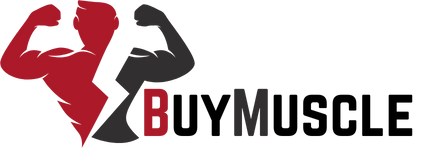Nutrition opinions are everywhere these days. As a long-time personal trainer and gym owner, I’m often surprised by the misconceptions people have. One client assured me vodka is fine in any amount while dieting because it has zero calories—only brown liquors are caloric, she claimed. Another told me eating five pounds of cheese daily is healthy. This advice came from a 5’2″, 300-pound certified nutritionist!
Pop culture myths also contribute to the confusion. The documentary Super Size Me by Morgan Spurlock exposed some of these myths. Spurlock ate only McDonald’s for 30 days, and his bloodwork showed alarming results by the end. Despite this, some nutritionists interviewed in the film claimed his diet posed no health risks.
Misinformation about nutrition is rampant. Conflicting studies add to the confusion. In the 1960s, researchers were paid by the sugar industry to promote sugar as healthy and vilify fats. This fraudulent research misled the public and even toppled notable scholars.
Fad diets are another source of misinformation. Celebrities endorse various diets, but their effectiveness and safety are often questionable. The low-carb craze, for example, vilified carbohydrates. While cutting carbs can lead to temporary water weight loss, it’s not a sustainable or healthy long-term solution. The human body needs carbohydrates for fuel, with fats and proteins playing supporting roles.
What’s the best approach to nutrition? Avoid fad diets and one-size-fits-all formulas. Solid nutrition requires a personalized approach based on individual genetics, limitations, food sensitivities, and goals. For example, if you’re looking to build muscle, you’ll need more protein, carbohydrates for fuel, and healthy fats for heart health.
Start with the basics of clean and balanced nutrition:
- Protein: Choose lean sources like sirloin or flank steak over processed meats.
- Carbohydrates: Opt for complex carbs such as yams, couscous, brown rice, and whole wheat pasta. They provide sustained energy and don’t spike blood sugar.
- Fats: Include healthy fats from avocados, salmon, and nuts. Avoid excessive dairy and animal fats, but don’t eliminate them entirely.
Supplements can be beneficial but should complement, not replace, real food. Protein shakes and other supplements are convenient but shouldn’t be your primary source of nutrition.
Monitor your progress and adjust as needed. Regular blood tests can provide valuable insights into your nutritional status, but how you feel is also important. Listen to your body and make adjustments to your diet to meet your individual needs.
In summary:
- Avoid fad diets and one-size-fits-all solutions.
- Focus on clean, balanced nutrition from good sources.
- Personalize your diet to your individual needs and goals.
- Use supplements to complement, not replace, real food.
- Monitor your progress and adjust as needed.
Remember, there are no shortcuts to solid nutrition. The path of least resistance often leads to the least results. Stay informed, stay committed, and you’ll achieve your health and fitness goals.







